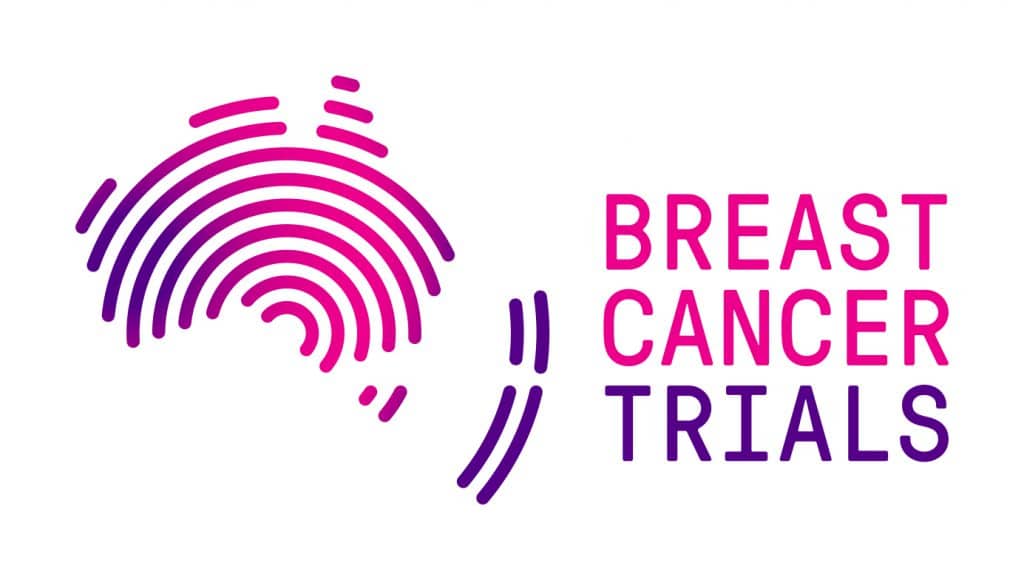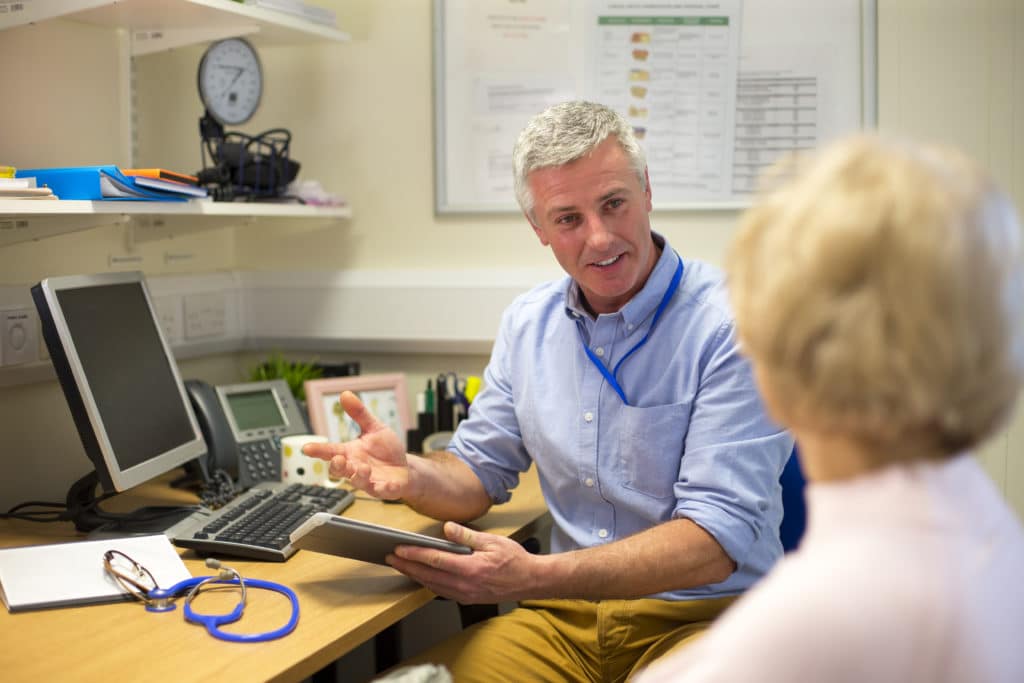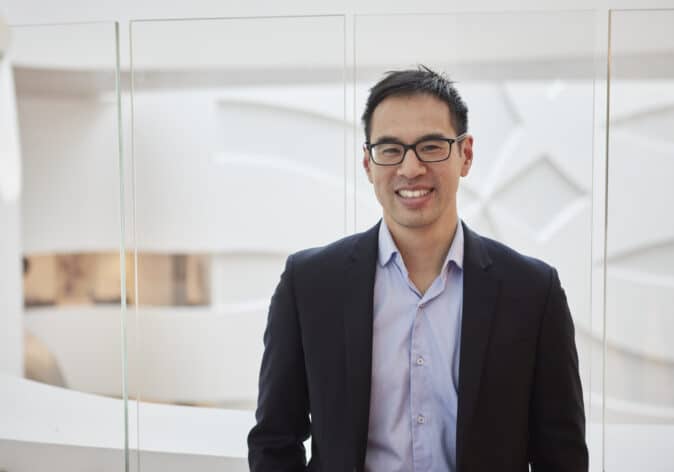Why Participate In A Breast Cancer Clinical Trial?
There are two main paths to clinical trials: the first is where the treating doctor is aware of the trial, looking for participants. In that situation, where there is potentially eligible patient, the doctor will explain the standard treatment and then explain the trial, and then it’s up to the individual whether she would like to participate.
The second group may be more difficult. For those that are searching for a trial that either they or a loved one may be eligible, that will require a little bit of research.
Fortunately, we have made this easy – has a list of all available trials, details about the trials and where they are open.
Alternatively, there’s a national website anzctr.org.au and going to that website one is also able to find open trials.
We’ve developed a brand new app – ClinTrial Refer app – it’s available wherever you get your apps.
That is a simple way to find sites and identify relevant trials.
Listen to the podcast
Professor Bruce Mann explains the two main paths to participating in a clinical trial and what’s involved once you’re on a trial.
What Happens On A Breast Cancer Clinical Trial?
A lot of people want to know what’s involved in a clinical trial, ie. what happens. The answer to that depends on the type of trial.
Many trials are randomised control trials. What that means is that if someone meets the eligibility criteria for the trial and agrees to take part, then which treatment they will receive – whether they receive standard treatment or often standard treatment plus an experimental extra treatment – is a randomised process and neither the doctor nor the patient has control over which treatment the patient is allocated to.
That’s very important because that’s the way that we can absolutely identify the benefit or the difference between standard arm and the new arm.
Other trials are not randomised. Other trials are single arm trials where patients who are eligible and who consent agree to have a treatment that is somewhat different from standard treatment – the experimental treatment.
In that trial what would happen is someone who is willing to take part, who understands the process and consents, would then be registered and would receive a treatment other than standard treatment.
Once the treatment is decided and delivered, usually follow-up is fairly standard. We attempt to minimise the inconvenience associated with trials but often there are extra blood tests or extra imaging or extra visits that are necessary so that we can collect the information necessary to assess the new treatment.
So the answer to the question ‘what happens’ very much depends on the specifics of the trial, and that’s something that is always explained to the patient while they are considering, and before giving consent to take part in a trial.
Support Us
Help us to change lives through breast cancer clinical trials research




